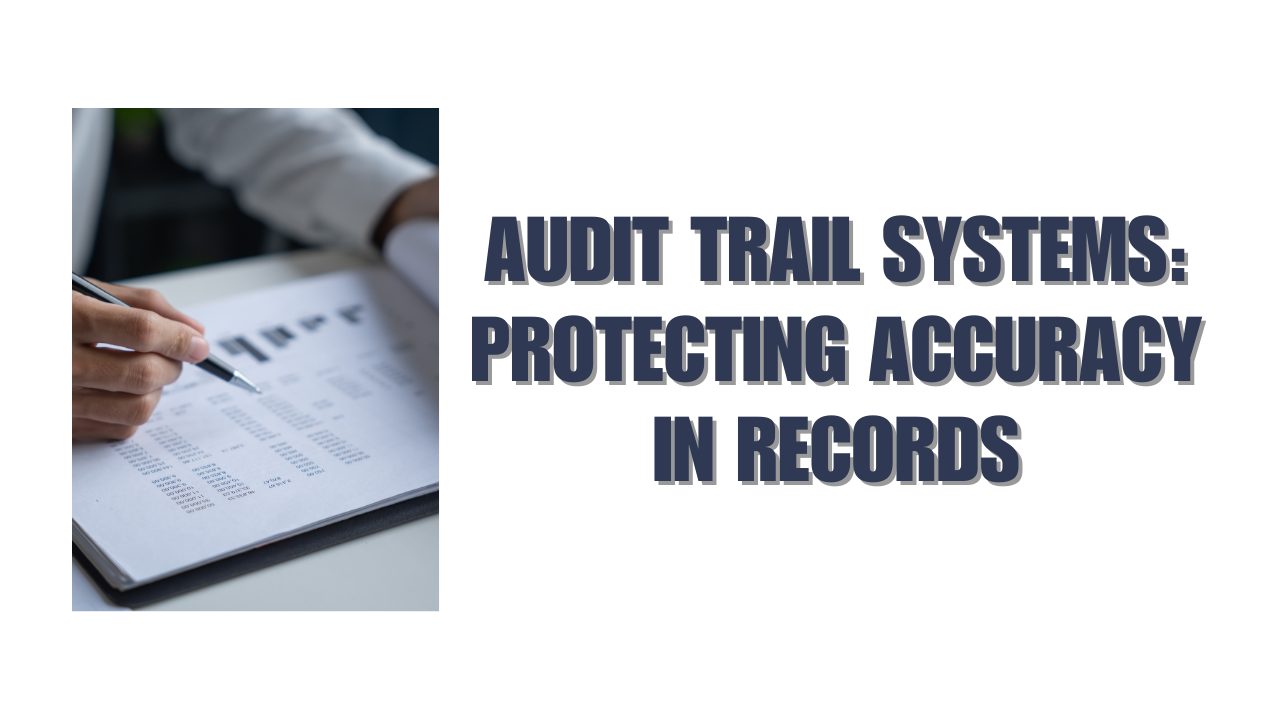Financial audit firms play a critical role in ensuring the accuracy, transparency, and compliance of an organization’s financial statements. These firms conduct independent assessments of financial records, helping businesses, investors, and regulators gain confidence in financial reporting.
For businesses in New Zealand, selecting the right financial audit firm is essential for meeting regulatory requirements and maintaining stakeholder trust. This article explores the key aspects of financial audit firms, the benefits of hiring them, and how to choose the best firm for your business.
What Do Financial Audit Firms Do?
Financial audit firms provide independent evaluations of a company’s financial statements, internal controls, and compliance with accounting standards. Their primary responsibilities include:
1. Financial Statement Audits
A core function of these audit firms is to examine financial statements to ensure they present a true and fair view of a company’s financial health. Auditors verify revenues, expenses, assets, and liabilities by cross-checking financial records, transactions, and supporting documentation.
2. Internal Controls Assessment
Strong internal controls help businesses prevent fraud and financial misstatements. Audit firms assess whether a company’s internal processes are designed and implemented effectively to safeguard assets and ensure accurate financial reporting.
3. Compliance Audits
These audit firms ensure businesses comply with applicable regulations, such as International Financial Reporting Standards (IFRS) and local accounting laws. Compliance audits help companies avoid penalties and maintain good standing with regulatory authorities.
4. Fraud Detection and Risk Management
Auditors identify areas of financial risk and potential fraud within an organization. By analyzing financial patterns and conducting forensic audits, firms can detect discrepancies and provide recommendations to mitigate financial risks.
5. Tax Audits and Advisory Services
In addition to financial statement audits, some firms offer tax audit services, ensuring businesses meet tax obligations and minimize liabilities. Audit firms also provide tax planning and advisory services to optimize financial strategies.
Benefits of Hiring a Financial Audit Firm
Engaging a financial audit firm provides numerous advantages for businesses of all sizes. These benefits include:
1. Enhanced Financial Accuracy
Auditors ensure that financial records are accurate and free from material misstatements. This level of scrutiny improves the reliability of financial information used for decision-making.
2. Regulatory Compliance
Businesses must comply with financial regulations to operate legally and avoid fines. Audit firms help organizations meet local and international accounting standards, ensuring smooth regulatory compliance.
3. Strengthened Investor and Stakeholder Confidence
Investors, lenders, and other stakeholders rely on audited financial statements to assess a company’s financial health. A clean audit report increases confidence in the business’s credibility and stability.
4. Fraud Prevention and Risk Reduction
Audit firms help businesses identify and mitigate financial risks, preventing fraud and financial misconduct. Their independent assessments create a secure financial environment.
5. Improved Internal Controls and Processes
Auditors evaluate the effectiveness of internal controls and recommend improvements to enhance operational efficiency and financial reporting accuracy.
Key Factors to Consider When Choosing a Financial Audit Firm
Selecting the right financial audit firm requires careful consideration of various factors. Here’s what businesses should look for:
1. Industry Experience
Different industries have unique accounting and auditing requirements. Businesses should choose an audit firm with experience in their sector to ensure relevant expertise and compliance.
2. Auditor Qualifications and Certifications
A reputable financial audit firm employs certified professionals such as:
- Chartered Accountants (CA)
- Certified Public Accountants (CPA)
- Certified Internal Auditors (CIA)
- Certified Fraud Examiners (CFE)
These certifications demonstrate the auditors’ expertise and adherence to professional standards.
3. Reputation and Track Record
Businesses should assess an audit firm’s reputation by reviewing client testimonials, case studies, and industry recognition. A strong track record indicates reliability and quality service.
4. Range of Services
The best audit firms offer comprehensive services beyond financial statement audits, including compliance reviews, risk assessments, and advisory services. A full-service firm can provide more value to businesses.
5. Use of Technology in Auditing
Modern audit firms use technology for efficient and accurate auditing. Features such as data analytics, AI-driven fraud detection, and cloud-based audit tools improve audit quality and timeliness.
6. Independence and Objectivity
An audit firm must be independent to provide unbiased assessments. Businesses should ensure that auditors have no conflicts of interest that could compromise their objectivity.
Aurora Financials: Your Trusted Financial Audit Partner
Aurora Financials is a leading provider of financial audit services in New Zealand, offering businesses independent and professional auditing solutions. Our services include:
- Comprehensive financial statement audits to ensure transparency and accuracy.
- Internal control evaluations to strengthen risk management frameworks.
- Regulatory compliance audits to meet financial reporting standards.
- Fraud detection and forensic auditing to identify financial irregularities.
- Tax audit assistance and advisory services to optimize financial performance.
As a remote auditing firm, Aurora Financials works with businesses across New Zealand, including Christchurch, Hamilton, and beyond, providing expert audit services tailored to industry-specific needs.
FAQs
1. What is the purpose of a financial audit?
A financial audit aims to verify the accuracy of financial statements, assess compliance with accounting standards, and detect potential fraud or errors in financial reporting.
2. How often should a business undergo a financial audit?
The frequency of financial audits depends on regulatory requirements and business needs. Public companies and large organizations typically conduct annual audits, while private companies may opt for periodic audits based on stakeholder demands.
3. What is the difference between internal and external audits?
Internal audits are conducted by an organization’s internal audit team to assess internal controls and operational efficiency. External audits, performed by independent audit firms, focus on financial statement accuracy and regulatory compliance.
4. Can financial audit firms provide consulting services?
Yes, many financial audit firms offer consulting services, including risk management, tax advisory, and process improvement recommendations. However, firms must maintain independence in audit engagements.
Conclusion
Choosing the right financial audit firm is essential for ensuring financial transparency, regulatory compliance, and risk management. Businesses should evaluate factors such as industry expertise, auditor qualifications, reputation, and service offerings when selecting an audit partner.
Aurora Financials provides expert financial audit services to businesses across New Zealand, delivering reliable, independent, and comprehensive auditing solutions. Our commitment to quality and compliance makes us a trusted partner for businesses seeking accurate financial reporting and regulatory assurance.






